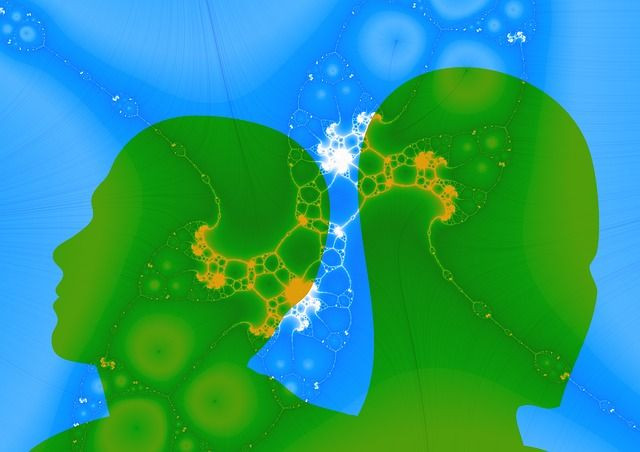Epilepsy Patients And Their Relatives More Likely To Be Diagnosed With Autism
Two neurological conditions known for wreaking havoc in childhood may have some shared roots, suggests new research published Wednesday in the journal Neurology.
Looking to settle an ongoing debate about the possible connection between epilepsy and autism spectrum disorder, the Swedish researchers extensively scoured the medical records of all patients admitted to a hospital within the country since 1987. From there, they identified just over 85,000 patients diagnosed with epilepsy. After cross-referencing with additional population data, they also tracked down some 80,000 siblings and 90,000 children of the epileptics, excluding any who had epilepsy themselves. Finally, they compared these families to the families of similarly matched individuals without epilepsy. Not only were patients with epilepsy more likely to later receive a diagnosis of autism than those without it, their siblings and children were also at greater risk.
“As a clinician I have worked for many years with patients suffering from both epilepsy and autism. I suspected early that there must be a complex relationship between the two disorders,” lead author Dr. Heléne Sundelin of the University Hospital in Linköping, Sweden, told Medical Daily. “Finally I got the opportunity to study it in the way we have done and I am not surprised about the results.”

Common Ground
Specifically, 1.6 percent of people living with epilepsy went on to be diagnosed with autism, compared to 0.2 percent of the control group. Those who were diagnosed with epilepsy during childhood were at even higher risk. The siblings and children of someone with epilepsy were around 60 percent more likely to develop autism, and those with epileptic mothers had an even higher risk.
That autism risk correlated with family relationships suggests at least some shared genetic underpinnings to both conditions. So does the fact that childhood epilepsy was a greater risk factor for autism, since forms of epilepsy developed later in life are more likely caused by physical injury or stroke. But some previous research has indicated that the seizures epilepsy causes could play a role in causing autism. To test that theory out, the researchers flipped the switch and found that people diagnosed with epilepsy were also much more likely to have been diagnosed with autism earlier in their lives compared to the control group. Combined with the other findings, that makes the seizure connection improbable, the authors wrote.
“Why some people develop autism is not fully understood but there are several risk factors that are likely to contribute,” Sundelin said. “Some of the risk factors are shared with epilepsy. These are, for example, genetic variations, complications during pregnancy or around birth, and how the brain is structured and functioning as a result of injury or disease.”
Important But No Cause For Alarm
Because the children of mothers living with epilepsy had a relatively higher risk of autism, it’s also possible that the anti-epileptic drugs taken by expectant mothers provide an added danger.
Unfortunately, since the authors weren’t able to check for different forms of epilepsy within their sample size, particularly those with genetic roots, this study alone can’t key in on any specific shared factors. And though these findings — and others — highlight the need to proactively screen for autism and other developmental conditions in children living with epilepsy, Sundelin doesn’t want anyone who has or is related to someone living with epilepsy to be overly alarmed.
“The risk of autism for siblings and children to individuals with epilepsy are, despite the increase, still rather low,” she said. “These results are more important for the understanding of the relationship between the disorders and should not be crucial when deciding to become a parent.”
That greater understanding may someday lead to the development of treatments that can effectively target both conditions, Sundelin and her colleagues hope.
Source: Sundelin H, Larsson H, Lichtenstein P, et al. Autism and epilepsy: A population-based nationwide cohort study. Neurology. 2016.



























